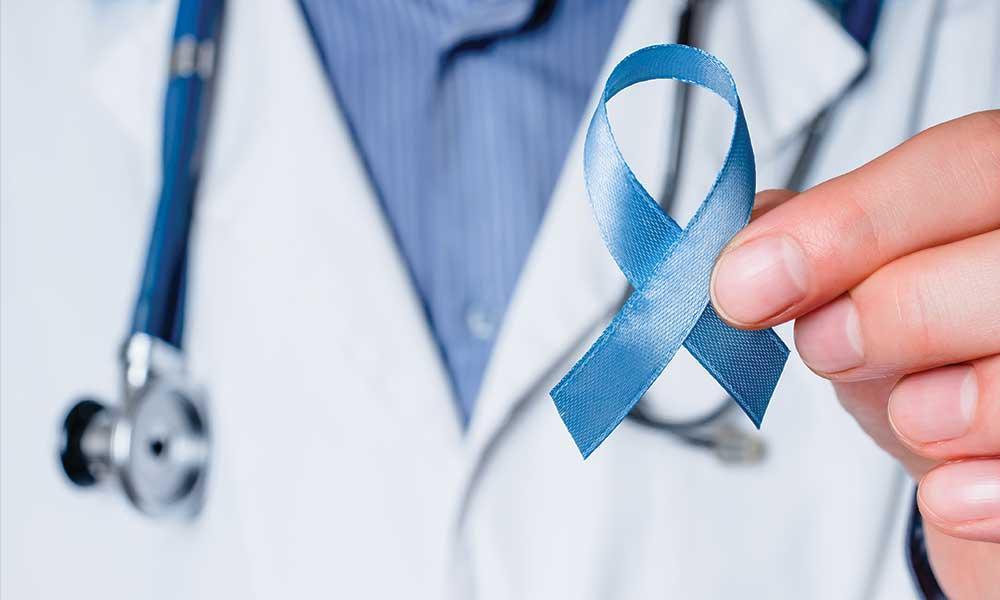
Low T in 30s? Why Younger Men Are Experiencing Testosterone Decline Early: An Analysis by Evan Bass Men’s Clinic
For a long period, testosterone has primarily been a matter concerning older individuals; however, current trends show more men in their 30s, and even late 20s, going through symptoms of low testosterone. According to Evan Bass Men’s Clinic, this early fall in testosterone is thus troubling health professionals as it affects the state of one’s physical health and well-being, energy, sex life, and even fertility. Understanding the causes and symptoms of this trend is, therefore, critical for any man aiming to take control of his health early.
What Is Testosterone and Why It Matters?
Testosterone is the principal male sex hormone responsible for developing muscle mass and bone strength, libido, mood, and the production of sperm. The levels usually peak in the late-teenage years and early-twenties of men and gradually drop with age, by almost 1% per year after 30.
Contrasting with this gradual drop, a sharper and intense drop is being experienced in a significant proportion of young men. Research and clinical evaluation have reported an increasing trend of men around their 30s developing symptoms traditionally associated with older age, implying that lifestyle, environmental, and medical factors are hastening hormonal abnormalities.
Why Are Testosterone Levels Dropping So Early?
Several main factors have an impact on early testosterone decline:
Sedentary Habits: Inactivity causes weight gain and decreased muscle mass, both of which slow down testosterone production.
Poor Diet: Over-consumption of processed food, sugar, and a lack of vital nutrients can upset the balance of hormones.
Overweight: Excess fat tissue, especially around the waistline, is associated with decreased testosterone. Body fat converts testosterone to estrogen, which further lowers levels.
Chronic Stress: Elevated stress levels stimulate the release of cortisol, which can inhibit testosterone.
Environmental Toxins: Contact with endocrine-disrupting chemicals found in plastics, pesticides, and home cleaning products might disrupt the body’s production of hormones.
Sleep Deprivation: Poor or insufficient sleep directly lowers testosterone levels, since most production takes place during deep sleep.
Underlying Medical Conditions: Diabetes, thyroid imbalance, and hormonal disease are all potential causes of low testosterone in young men.
Common Symptoms of Low T in Younger Men
Most low-T symptoms cross over into everyday lifestyle complaints, so they are hard to recognize:
- Fatigue and lethargy
- Low sex drive and impotence
- Mood changes, irritability, or depression
- Concentration and memory problems
- Muscle loss and weight gain
- Loss of drive and motivation
Since these symptoms creep up slowly, they can be confused with stress, working too hard, or just ‘aging’ for even one’s youth in their 30s.
How Men in Their 30s Can Take Action
Being aware of low testosterone is the first step to treating it. Younger men who experience such chronic symptoms should prioritize undergoing a hormone evaluation from reputed medical facilities like Evan Bass Men’s Clinic. A blood test, typically done in the early morning, is a quick way to measure testosterone and detect abnormalities.
If diagnosed with low testosterone, the doctor may suggest testosterone replacement therapy (TRT) in combination with some lifestyle changes that include exercise, improved sleep, stress management, and dietary modifications. The whole aim is not merely bringing balance in testosterone, but enhancing total wellness and vitality for lifetime health levels, and identifying any imbalances. ow testosterone in younger men is becoming more common. It’s an important health issue that affects physical, mental, and emotional well-being. Treating low testosterone early not only helps now but also sets the stage for a healthier, more active life ahead.















